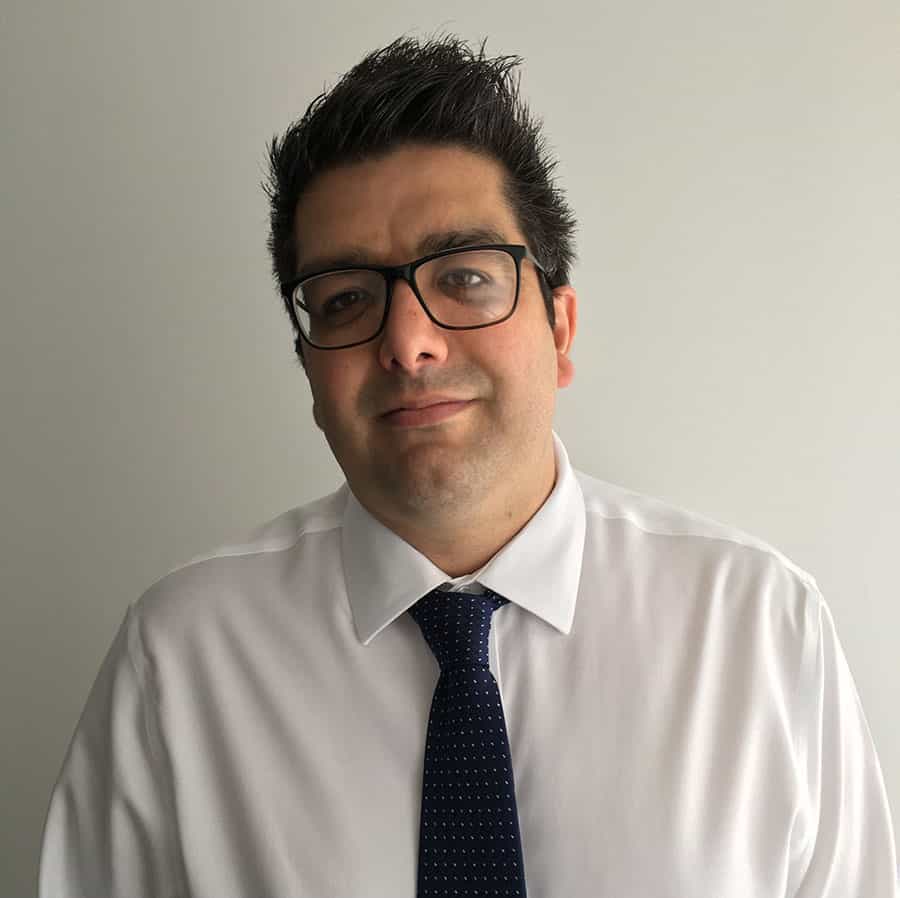Guest article: Orthotist discusses the industry’s need to develop a workforce of the future

Gary Carden, Trust Lead Orthotist at Peacocks Medical Group, is passionate about the industry’s need to develop the workforce of the future.
Helping to shape the career progression of graduate orthotists is something I am very passionate about.
With only 60 graduates being introduced into the market each year in the UK, here at Peacocks, it is essential we nurture the skillsets of those that join us so that they remain with us long-term.
I graduated from Strathclyde University and, as part of my first job, I helped support other graduates. This was an area I was keen to pursue as, like myself, nearly all graduate orthotists, on leaving university, do not have commercial skills.
I moved to Newcastle in 2016 as Trust Lead Orthotist for Peacocks Medical Group at South Tyneside and Sunderland Foundation Trust.
As well as being a trust lead specialising in paediatrics, diabetes and neurology, I also support our graduates and, this year, I helped coordinate our upcoming clinical graduate programme, which commences in July.
It is a two-year programme which guides and supports students to adapt to ‘the Peacocks way’ of working and enables them to settle in and assess what kind of career route they would like to pursue. We have listened to the needs of past graduates and have developed a course that will offer real added value and progression routes.
There are some gaps in the knowledge and preparedness of students transitioning from university to the working environment. We often face traumatic circumstances, such as treating complex patients and, as a young graduate, this can be very emotionally difficult to deal with. It is crucial our young people are guided and mentored closely and have the skills and sensitivity to handle challenging scenarios.
While I have already mentioned that our graduates need to develop commercial and management skills, we also encourage them to develop expertise in research and development, so they have a firm grasp of future trends that, ultimately, will enhance patient care.
We have two universities in the UK – Strathclyde and Salford – offering a degree in prosthetics and orthotics and it is very encouraging that there will soon be an apprenticeship course via Derby University and a masters option at Keele University, led by the British Association of Prosthetics and Orthotics (BAPO) and Health Education England (HEE).
It is also very good to see that a membership engagement group has recently been established by BAPO. The group is inviting its graduate members to form a ‘new graduate discussion group’ which will fully understand the issues faced by young people entering the profession.
The COVID-19 pandemic saw all businesses adapt to a new way of working and now, with the restrictions lifting, Peacocks has the opportunity to welcome more graduates into our clinics.
In terms of patient care during the pandemic, we saw a drop in the number of patients coming in for treatment across our clinics. There were fewer minor injuries such as treatments for strains and aches which meant we could allocate more time to patients with complex conditions, such as diabetes or Parkinson’s.
We worked hard to really step up and support the NHS during the pandemic, so that waiting times could be reduced and to ensure that patients in need of specialist footwear were able to access it. Lack of mobility has a detrimental impact not only on a person’s physical health but on their wellbeing as was evidenced during the pandemic when, many otherwise resilient patients, suffered from poor mental health.

